Content from the Brookings Institution India Center is now archived. After seven years of an impactful partnership, as of September 11, 2020, Brookings India is now the Centre for Social and Economic Progress, an independent public policy institution based in India.
Brookings India hosted an expert roundtable discussion with Bruce Jones, Vice President and Director of Foreign Policy Studies at the Brookings Institution in Washington, D.C., on the changing nature of the international order and the United States’ role. While the discussion was under the Chatham House Rule, and therefore was not for attribution, the key points of consensus are detailed below.
U.S. President Donald Trump, many people believe, is not causing but is accelerating significant shifts in the international order. In foreign policy, Trump appears to have a clear and defined world view that hinges on an inherent scepticism of the post-World War II alliance system and the multilateral order. However, his foreign policy team does not always seem to share his world view. His rhetoric therefore may not be an actual representation of his administration’s policies.
To understand Trump, one needs to go beyond his hyperbolic statements and rhetoric, and observe the intersection between his world views and that of his team of closest advisors. We see this interaction between Trump and his foreign policy team play out in different ways, in different issues and areas. On many areas such as the Middle East and Asia, Trump’s policies have been largely consistent with the traditional Republican foreign policy framework. Even on global issues such as withdrawal from the Paris climate agreement and the UN Human Rights Council (UNHRC), Trump is not too far outside the realm of traditional conservative foreign policy prescriptions. The true departure from the traditional Republican position is mainly in the trade sphere.
To understand Trump, one needs to go beyond his hyperbolic statements and rhetoric, and observe the intersection between his world views and that of his team of closest advisors.
On Asia, despite Trump’s rhetoric, his foreign policy team has been able to implement its own worldview, underpinned by strong American defence posture in the region. There has actually been an increase in allocation of resources to American defence capabilities in Asia. An important underlying factor here is the deep scepticism within the American strategic, political, and economic communities of China and growing reluctance to continue cooperating with it. Moving forward, the U.S.-China relationship will increasingly be characterised by tension, competition and even rivalry.
In Europe, in spite of Trump’s anti-alliance world view and intrinsic suspicion of the European Union and NATO, his team has been able to push through troop redeployments in the east, increased arms to Ukraine, and sanctions on Russia. Although Trump has shown a willingness to cooperate with Putin, Democrats and Republicans alike uniformly oppose any kind of concessions to Russia. Trump’s foreign policy team is therefore willing and able to implement policies that are consistent with the traditional Republican worldview, disregarding Trump’s own agenda.
The one area in foreign policy where views of Trump and his national security team actually converge is in the Middle East. There is overwhelming consensus within the strategic community, dominated by military veterans from various regional wars, that many of the region’s problems can be traced back to Iran, and that Tehran should be confronted and contained. There is also a belief that Israel needs to be protected at all costs.
The one area in foreign policy where views of Trump and his national security team actually converge is in the Middle East.
Trump is also truly distinctive in his worldview on trade and has managed to find a team that shares his protectionist views. We therefore see Trump’s rhetoric actually translating into policy in the trade sphere. This view on trade might be rational politically but is economically unreasonable given the interdependent nature of global supply chains. Nevertheless, Trump seems to have tapped into the atavist tendencies of American public opinion for political ends, with important implications for the international trade order.
American leadership of the post-World War II order is being challenged by a China that is transactional and mercantilist in its approach. While China has been trying to assert its leadership in multilateral structures, it does not subscribe to the liberal values that created these structures. Complicating this situation is the fact that the U.S. and China are part of a common economic architecture, despite being strategic rivals.
Therefore, we are now seeing an asymmetric bipolarity in the international order where the U.S. and China are not yet equal in terms of power, but China is clearly the second leading power. There is also significant distance between China and the other countries following it. Around China and the U.S., there does seem to be a multipolar structure with rough parity among states such as Germany, France, India, Japan, Russia and others. All these states, regional and global players in their own right, are trying to hedge their positions vis-à-vis the United States and China. This scenario is complicated by the fact that there is no security architecture that can adequately contain great power conflict and represent the interests of all relevant powers. The international community will have to conceptualise and implement a new security architecture that is not dominated by institutions such as the UN Security Council or by western-led blocs such as the NATO, neither of which can be successful in containing great power tensions. An ideal international security structure will incorporate rising, constructive powers and thereby moderate great power conflict.
The Brookings Institution is committed to quality, independence, and impact.
We are supported by a diverse array of funders. In line with our values and policies, each Brookings publication represents the sole views of its author(s).
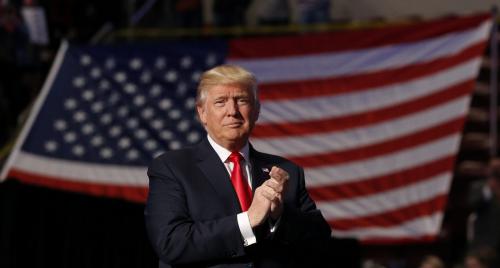
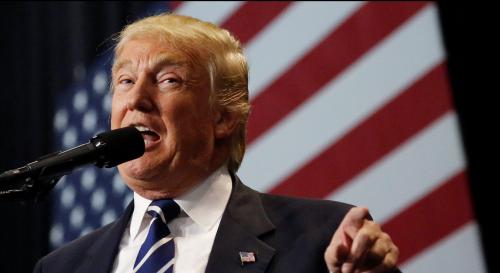
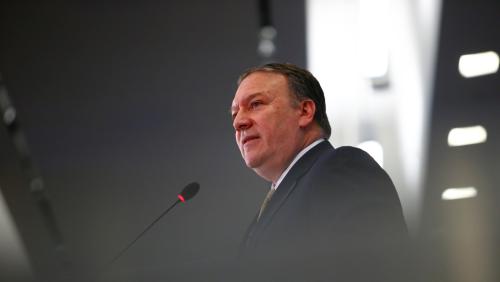
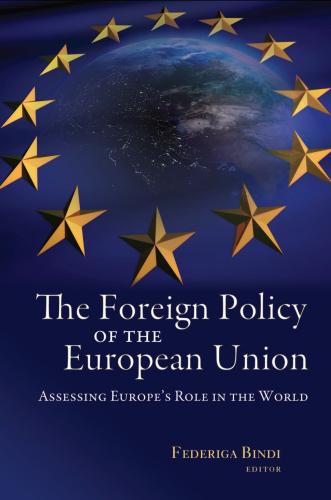
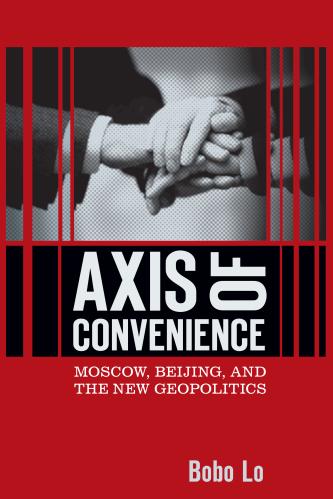
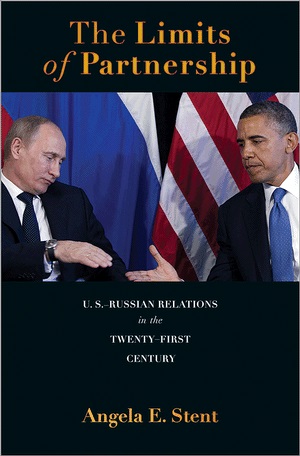

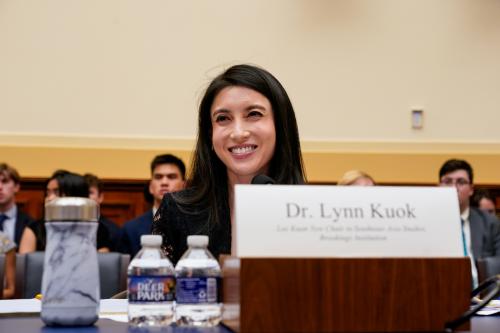
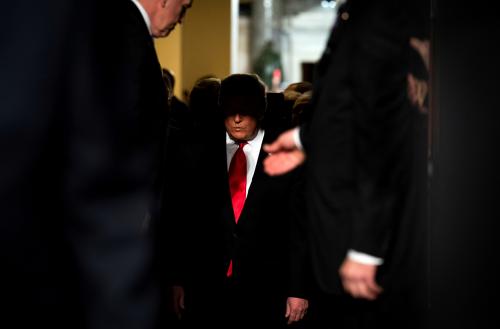
Commentary
Changing nature of international order and the role of U.S.
July 13, 2018